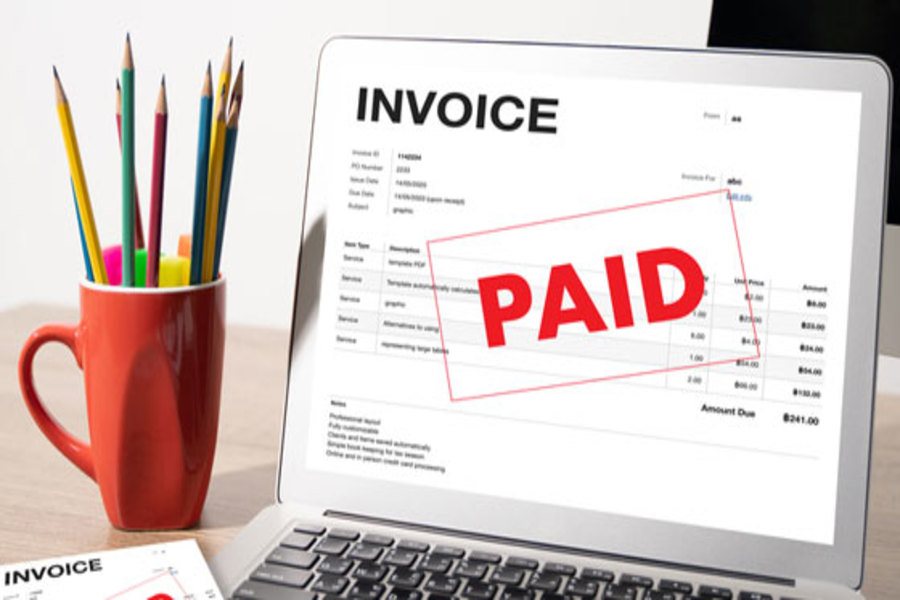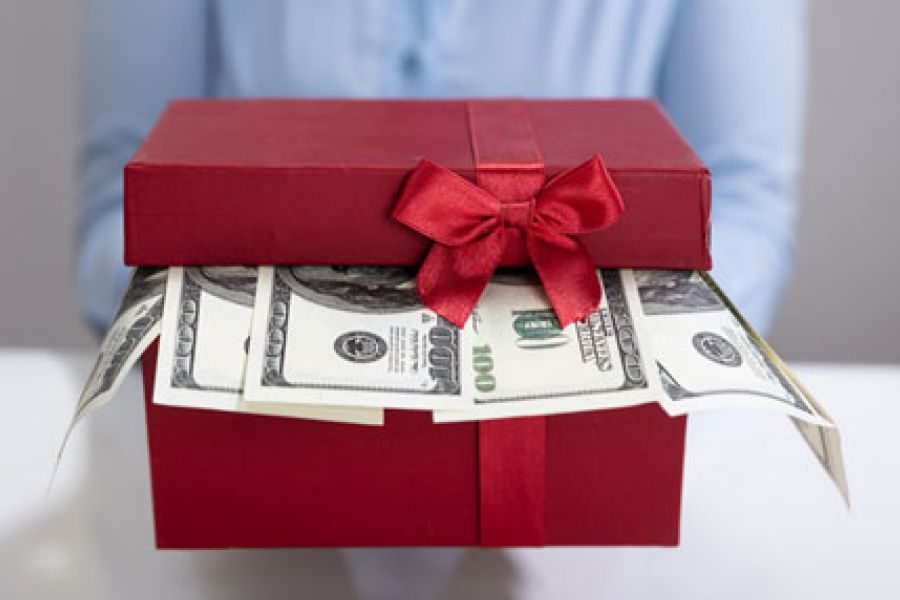Vendor fraud can be costly — particularly when several perpetrators are involved. The median loss of a fraud scheme conducted by two individuals is $200,000, according to the Association of Certified Fraud Examiners. Losses rise precipitously to more than $500,000 when four or more people commit the fraud. These schemes typically involve the collusion of employees with outside parties or a conspiracy between suppliers. But you can help prevent vendor fraud in your business by familiarizing yourself with the schemes. Types of schemes Vendor fraud can take one of several forms. Price fixing is an agreement among competitors to set the same price for goods or services. It also refers to competitors jointly establishing a price range or minimum price. Such agreements violate the Sherman Antitrust Act,...

What do COVID-19, major hurricanes and West Coast wildfires have in common? All three have attracted scam artists, who have bilked disaster victims, charitable donors, insurance companies and government agencies out of billions of dollars. Also, all of these disasters — and the criminals who take advantage of them — are the focus of The National Center for Disaster Fraud (NCDF). Let’s take a look at what this partnership between the U.S. Justice Department and various law enforcement and regulatory agencies does to investigate and prevent fraud. Investigate and prevent The NCDF was established in 2005 after Hurricane Katrina to combat the massive fraud schemes that emerged as financial aid poured into the Gulf region. The agency now coordinates investigations into all kinds of natural and manmade...
Forensic accountants have long used technological tools to uncover fraud schemes. But recent advances in “big data” have provided even better, more efficient techniques for identifying suspicious activities and dishonest employees. These are three common ways fraud experts use data analytics: 1. Association analysis This method can help identify suspicious relationships by quantifying the odds of a combination of data points occurring together. In other words, it calculates the likelihood that if one data point occurs, another will, too. If data point combination occurs at an atypical rate, a red flag goes up. For example, association analysis might find that a certain worker or manager tends to be on duty when inventory theft occurs. 2. Outlier analysis Outliers are data points outside the norm for a given data set. In...
Before the COVID-19 pandemic, most fraud investigations took place in the office or other work facility. This made it easy for investigators to gather and analyze data and interview suspects and witnesses in a face-to-face setting. But if your company allows employees to work from home — either temporarily or permanently — you may need to conduct a remote fraud investigation. In addition to suspects and witnesses working remotely, those tasked with conducting investigations (including outside experts) may also be remote. Here’s how to manage these situations. Policies and procedures First, develop policies and procedures for remote investigations. If you already have written polices for traditional fraud investigations, use them as a starting point. Some features, such as the role and processes of investigators may remain basically the...
Although COVID-19 remains a concern, many people have started traveling again — both for business and pleasure. Unfortunately, as travel demand has increased, so has travel-related fraud. For example, some fraud perpetrators posing as airline employees call would-be victims to try to elicit credit card numbers. Other scam artists send phishing emails that appear to offer cheap seats or rooms. And there are plenty of fake websites masquerading as legitimate travel companies. Don’t fall for fraud As you plan your next trip, take these steps to help reduce fraud risk: Ignore unsolicited communications. Whether you receive an email, text, flyer or telemarketing call regarding travel bargains, it’s probably smart to ignore it. Afraid of missing out on a legitimate deal? Directly contact the airline, hotel or rental car company...
Some organizations struggle to prevent cyberattacks because they rely on cybersecurity tools and techniques that protect only their perimeter. Perpetrators who make it past a single line of defense (such as with a username and password) can gain unfettered access to the company’s network. They can then use ransomware to block access to data or steal customer information or intellectual property. Zero trust security was designed to address the shortcomings of a single perimeter defense. Created by an IT industry analyst, zero trust requires companies to not automatically trust users or devices. This can be particularly effective if your business relies on cloud computing or if your employees work from home or use their own devices to access your network. 3 principles Three key principles underlie zero trust: 1....
“Vishing” may sound familiar, but unless you’re a fraud investigator, you probably haven’t encountered it. Unfortunately, that could change . . . soon. To foil a scam that increasingly takes advantage of remote workers, learn what vishing is and how your business can prevent it from infiltrating your network. Clarifying terms Vishing isn’t the same as “phishing.” The latter is a type of social engineering fraud that involves email or text messages designed to trick someone into revealing sensitive personal information. Or it may target employees to gain access to worker and customer data, as well as intellectual property. Voice vhishing (or vishing) scams, on the other hand, involve phones — rather than email or text messages. Vishing schemes often are more aggressive, elaborate and personalized than traditional...
Your employees shouldn’t accept any gift offered with the intent to improperly influence business decisions — or even one that merely appears to compromise their ability to act in your company’s best interests. Unfortunately, kickbacks are often disguised as gifts or travel, so they can be hard to identify. Here’s how to maintain your business’s high ethical standards. Applying the integrity test Kickbacks return a portion of the money exchanged in a business transaction as compensation for favorable treatment. However, gifts, gratuities or courtesies of modest value associated with ordinary business practices are usually acceptable. The key consideration is the intention of the giver. Yet you must take care to avoid not only an actual impropriety, but also the appearance of impropriety. Defining what’s proper or improper with...
Forensic accountants are professionals who have received specialized training to uncover fraud and protect against fraud threats. They’re uniquely qualified to review financial statements and business records and to interview employees to find evidence of misrepresentations and theft. In many cases, they’re able to help recover missing funds. So if you suspect fraud and possibly want to take a perpetrator to court, a forensic accountant can be critical. Essential expertise Forensic accountants specialize in conducting fraud audits and investigations to detect irregularities and troubling trends, looking for both telltale and subtle signs of occupational crime. Certified fraud examiners (CFEs) are specially trained in fraud discovery, recognition, documentation and prevention. Forensic accountants are also generally knowledgeable about human behavioral factors and motivations that contribute to the commission of fraud,...
Fraud is costly for all victimized companies, but it’s even worse in the construction sector. According to the Association of Certified Fraud Examiners’ Report to the Nations: 2020 Global Study on Occupational Fraud and Abuse, construction companies affected by fraud lose a median $200,000 per fraud incident, compared with $125,000 per incident for all organizations. Some types of fraud are more prevalent in the construction industry, particularly payroll and billing fraud. These can lead to legal liability and fines. For example, paying under-the-table cash wages to avoid paying payroll taxes could result in criminal charges and significant penalties. To prevent your managers and workers from acting illegally or unethically, tighten your internal controls. Essential controls Certain internal controls are essential — including segregation of duties. This means that...











